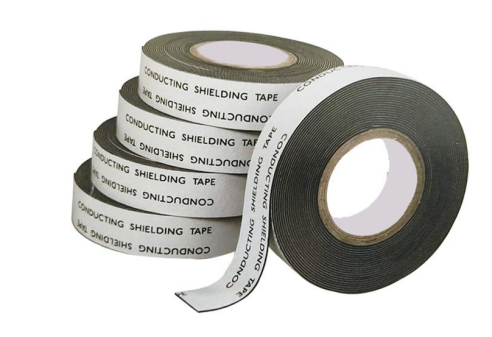The Versatility and Applications of Butyl Rubber Strips
Butyl rubber is a synthetic rubber that is renowned for its excellent impermeability, flexibility, and durability. Among its various forms and applications, butyl rubber strips have garnered significant attention in both industrial and household sectors. This article delves into the characteristics, uses, and advantages of butyl rubber strips, highlighting their value in numerous applications.
Characteristics of Butyl Rubber Strips
Butyl rubber is derived from the polymerization of isobutylene with isoprene, which gives it a unique set of properties. One of the most defining characteristics of butyl rubber strips is their low permeability to gases. This trait makes them ideal for applications where air or gas retention is essential, such as in seals and gaskets. Moreover, butyl rubber exhibits excellent resistance to aging, ozone, and weathering, ensuring that it maintains its integrity over time, even in harsh environmental conditions.
The flexibility of butyl rubber strips is another critical factor in their utility. They can be easily manipulated and cut to fit various dimensions, allowing for bespoke solutions across different applications. Additionally, butyl rubber has good tensile strength, making it suitable for applications that involve stress and strain.
Applications of Butyl Rubber Strips
Butyl rubber strips are used across a multitude of industries, including automotive, construction, packaging, and consumer goods.
1. Automotive Industry In the automotive sector, butyl rubber strips serve as seals and weather stripping components. They effectively prevent air and water infiltration, contributing to a vehicle's overall performance and longevity. The strips also reduce noise and vibrations, enhancing passenger comfort.
2. Construction Builders and contractors often use butyl rubber strips for insulation and waterproofing. The strips are employed in roofing systems, around windows and doors, and in other applications where moisture control is crucial. Their durability against environmental factors like UV radiation and chemical exposure makes them a reliable choice for ensuring structural integrity.
butyl rubber strip

3. Packaging In the packaging industry, butyl rubber strips are increasingly being utilized due to their sealing capabilities. They provide airtight seals that help preserve the freshness of food products and can be found in various containers, bottles, and pouches. The non-toxic nature of butyl rubber also makes it suitable for applications involving food contact.
4. Consumer Goods Everyday products, such as sporting equipment, footwear, and home appliances, often incorporate butyl rubber strips. Their flexibility and resilience make them ideal for protecting sensitive components, absorbing impacts, and providing grip on handles and surfaces.
Advantages of Butyl Rubber Strips
The advantages of using butyl rubber strips are manifold. Primarily, their exceptional gas impermeability means that products can maintain freshness and performance for extended periods. This benefit is particularly advantageous in industries such as food packaging and automotive manufacturing.
Moreover, butyl rubber strips are easy to apply. They can be manufactured in various widths and thicknesses, allowing manufacturers to tailor solutions to their specific needs. The ease of customization also means that designs can quickly adapt to changing requirements, thereby enhancing efficiency.
Furthermore, the longevity of butyl rubber strips contributes to environmental sustainability. Their resistance to degradation means they do not need to be replaced frequently, reducing waste. In a world increasingly focused on sustainable practices, opting for durable materials like butyl rubber is a responsible choice.
Conclusion
In conclusion, butyl rubber strips offer a unique combination of properties that make them invaluable across a variety of industries. Their impermeability, flexibility, and durability contribute to their widespread use in automotive applications, construction, packaging, and consumer products. As industries continue to seek reliable and sustainable materials, butyl rubber strips are poised to remain a preferred choice. By understanding the benefits and applications of butyl rubber strips, businesses can optimize their processes and enhance product performance while addressing environmental considerations.
-
XIANGFAN Rubber Tape-Ultimate Solutions for All Your Insulation NeedsNewsJun.24,2025
-
XIANGFAN Rubber Tape-Protection for Industrial and Residential ApplicationsNewsJun.24,2025
-
XIANGFAN Rubber Tape: Superior Safety and Sealing for Demanding EnvironmentsNewsJun.24,2025
-
XIANGFAN Rubber Tape: Reliable Solutions for Every Electrical ChallengeNewsJun.24,2025
-
XIANGFAN Electrical & Industrial Tape: Powering Reliability Across IndustriesNewsJun.24,2025
-
XIANGFAN Electrical & Industrial Tape: Excellence in Every ApplicationNewsJun.24,2025
